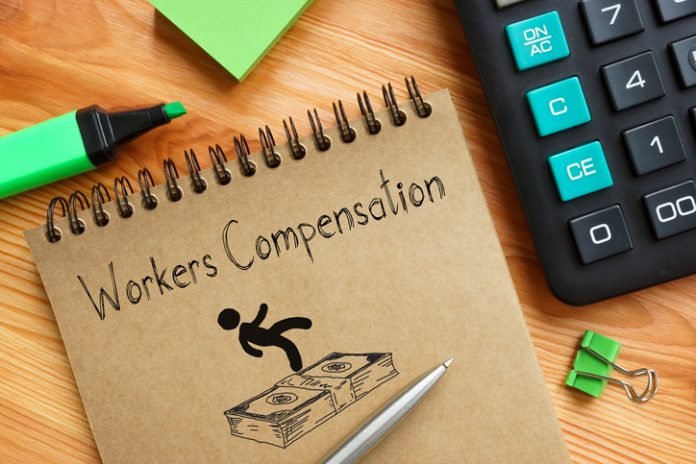article from BBB.org
Have you ever daydreamed about receiving a sudden windfall? You aren’t alone, and scammers know it. In this new trick, scammers are using Facebook to con people into thinking they have thousands of dollars in unclaimed workers’ compensation, according to recent BBB Scam Tracker reports.
How the scam works
A scammer impersonates one of your Facebook friends and sends you a message. They allegedly saw your name on a list of people who are owed workers’ compensation. Lucky you! They also provide the phone number of a person who can help you collect the money.
You think the information came from a trusted friend, so you make the call. The “agent” sounds professional—at first. They either confirm that you are owed money or asks you to pay a small fee so they can check. They may claim to have an official sounding title, such as “Workers’ Compensation Appeals Board member” or a “Federal Treasury Reserve official.”
However, when you inquire about claiming the money, things get suspicious. The “agent” you are speaking with asks you to pay a “delivery” or “case file” fee up front. They may even give you your choice of payout amounts. Of course, the bigger the payout, the higher the fee. In most cases, they will ask you to wire the fees or send the money in prepaid debit cards.
One victim reported: “They sent me a form to complete. They asked for my name, address, phone number, date of birth, and more. Then they said you have to pay a delivery fee, which must be paid upfront to process your application. They listed the fees as $600 for $50,000, $100 for $100,000, all the way up to $10,000 for $1 million and said, ‘kindly get back to us with the amount you would like to apply for.’”
Of course, if you send money to the scammer, they will either take the money and disappear or think up reasons to ask for more money. One thing is for sure, the workers’ compensation money in this scam doesn’t exist, and you won’t get paid.
How to avoid Facebook scams
- Watch out for fake friends. If scammers can see your friends list, they can create a fake account that looks like it is one of your trusted friends. If you get an unusual request or a strange offer from a Facebook friend, contact that person directly to find out if they’ve been hacked – before you take any further action.
- Never pay money to get money. If a legitimate business or governmental organization owes you money, you won’t have to pay any fees to get it. Asking for fees to provide a payout is a common scam tactic.
- If it sounds too good to be true, it probably is. Another common scam ploy is to offer the victim easy money they won’t have to work for. If someone offers you $1,000 and all you have to do is pay $100, it’s a scam.
- Never send money to strangers. Especially if they ask you to wire funds or send them prepaid debit or gift cards. This is a telltale sign you’re dealing with a scammer.





